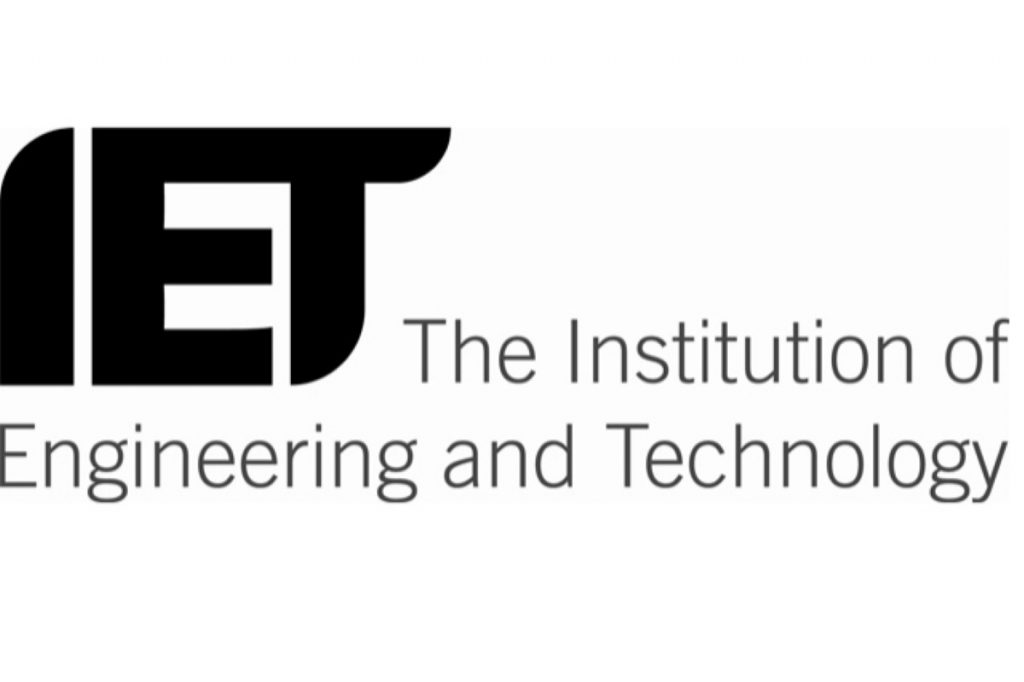Parliament have debated the plan to exclude technical, creative and artistic subjects from its new English Baccalaureate (EBacc).
The proposed EBacc, which is expected to become compulsory in secondary schools across England, will require pupils taking their GCSEs to study a minimum of seven and up to eight narrowly defined subjects: English literature and English language, maths, double or triple science, a modern and/or ancient language, history and/or geography.
Commenting on the plans, Paul Davies, Head of Policy at the Institution of Engineering and Technology (IET) said: “While it’s great to see a big focus on science subjects in the new EBacc, we are concerned that the plans to narrowly prescribe the curriculum in this way will effectively drive subjects like design & technology (D&T), as well as creative and artistic subjects, from the curriculum.
“Given engineering currently accounts for 27% of our total GDP, and we are expecting a shortfall of nearly 2 million engineers over the next decade, removing subjects like D&T from the curriculum is incredibly short sighted. D&T is vital for engaging young people in the creative and problem fixing side of engineering. If they don’t have this opportunity at school, it is inevitable we will produce fewer engineers, which represents a genuine risk to our economy.
“We are calling for the Government to reconsider the EBacc to ensure its introduction doesn’t result in a decline in the number of engineers in the UK.”
Notes to editors:
Interview opportunities are available with IET spokespeople from a broad range of engineering and technology disciplines including cyber-security, energy, engineering skills, innovation, manufacturing, technology, transport and women in engineering.
The IET is one of the world’s largest engineering institutions with over 167,000 members in 150 countries. It is also the most interdisciplinary – to reflect the increasingly diverse nature of engineering in the 21st century. Energy, transport, manufacturing, information and communications, and the built environment: the IET covers them all.
The IET is working to engineer a better world by inspiring, informing and influencing our members, engineers and technicians, and all those who are touched by, or touch, the work of engineers.
We want to build the profile of engineering and change outdated perceptions about engineering in order to tackle the skills gap. This includes encouraging more women to become engineers and growing the number of engineering apprentices.
For more information, visit www.theiet.org
Follow the IET on Twitter.





-01.png)